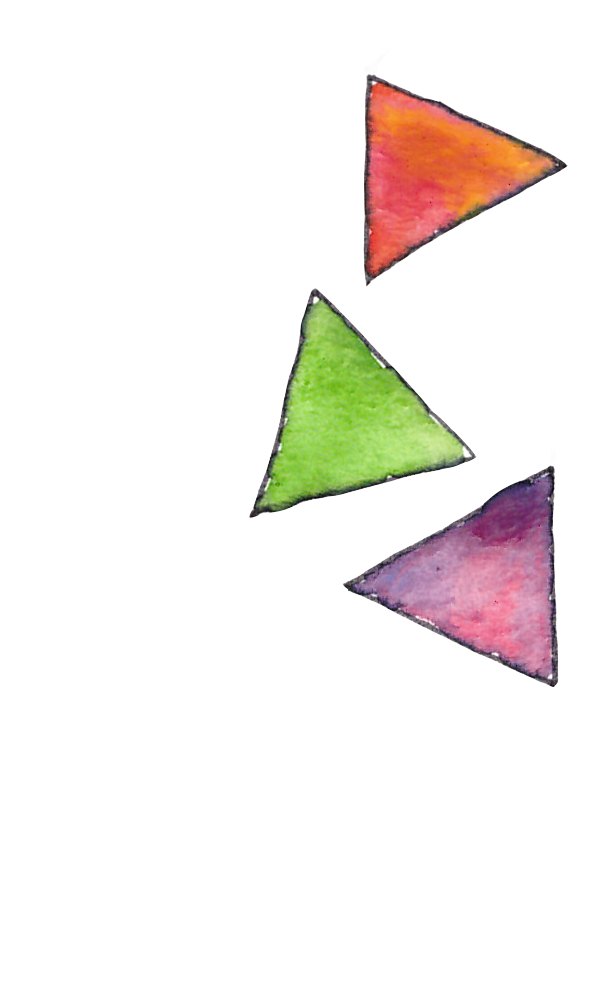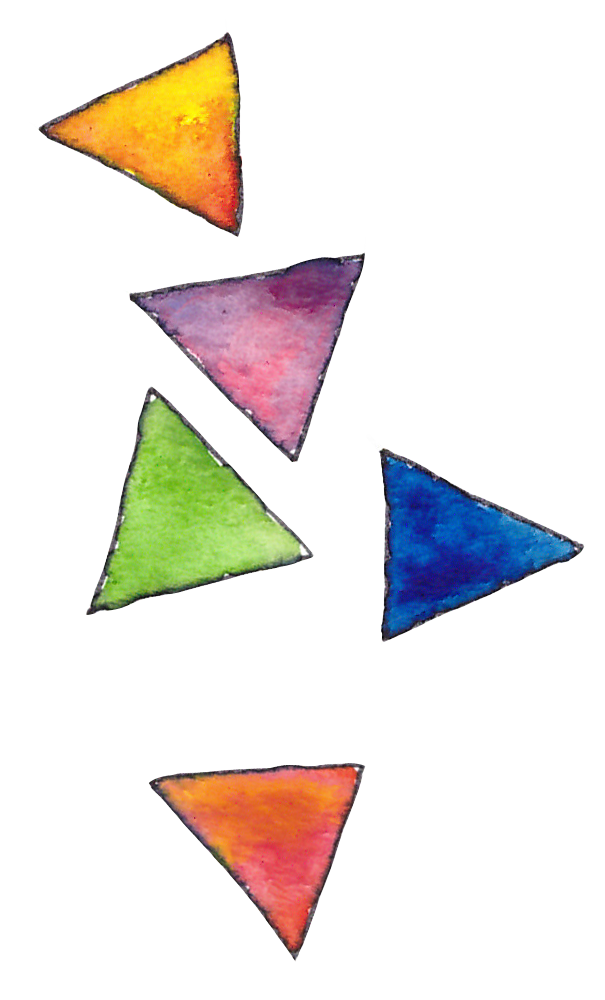There is a lot of talk around the Internet (and coffee shops and gyms and office kitchens) at the moment about the failure of the media to query anything, even the most basic of details, about wellness entrepreneur Belle Gibson’s claims of surviving countless “terminal” illnesses through diet. As Belle’s business and reputation and apparent lies tumble around her, publicly and completely, we are all left wondering, and picking her story apart. WHAT WENT WRONG, everyone wants to know.
And, why didn’t anybody ask the right questions?
I’m not going to weigh in on this, other than to say that the whole situation leaves me feeling a bit sick and dirty. Tainted, somehow. And deeply, deeply saddened for everyone involved and everyone whose good nature was callously used. Even for Belle herself, and definitely for her baby boy. I try to put myself in her shoes and I can’t but, clearly, something is deeply, deeply wrong.
ANYWAY.
When I started out as a journalist in the 1990s, my first job was in rural commodities. I was a radio reporter, broadcasting daily news stories on scintillating topics like wool futures and cattle markets and whether cotton prices were bullish or bearish (those are real things).
This was a challenge because I felt I could barely count, let alone provide reliable economic analysis and commentary to people who relied upon it for their livings. I think said as much to my Editor, who had taken a massive punt on me in the first place and hired me over more than 100 other applicants.
And that’s when he gave me the best advice I have ever received in my entire journalistic career.
Are you ready?
“You don’t have to be the expert. You just have to find the expert, and ask the right questions.”
It’s that simple. To be a good journalist, you only need to do two things.
1) Find an expert. An ACTUAL expert, not a fraud, so do your due diligence.
2) Ask your expert the right questions. Think: what do people need to know? What do people WANT to know? And if you’re thinking, “Why does that work,” or “How does that work,” or simply “I don’t get it,” then ask those questions, because maybe (probably) your readers will be thinking the same things.
Don’t worry about appearing silly, because it’s ok. You’re not the expert. You’re not supposed to be the expert. They are! So just go ahead and ask the right person the good questions and ask them the dumb questions and then put all the answers together into a story that is honest and informative and possibly entertaining and… did I mention honest?
That’s it. Now you know how to be a good journalist.
Image credit: Sergey Zolkin, licensed under Creative Commons






